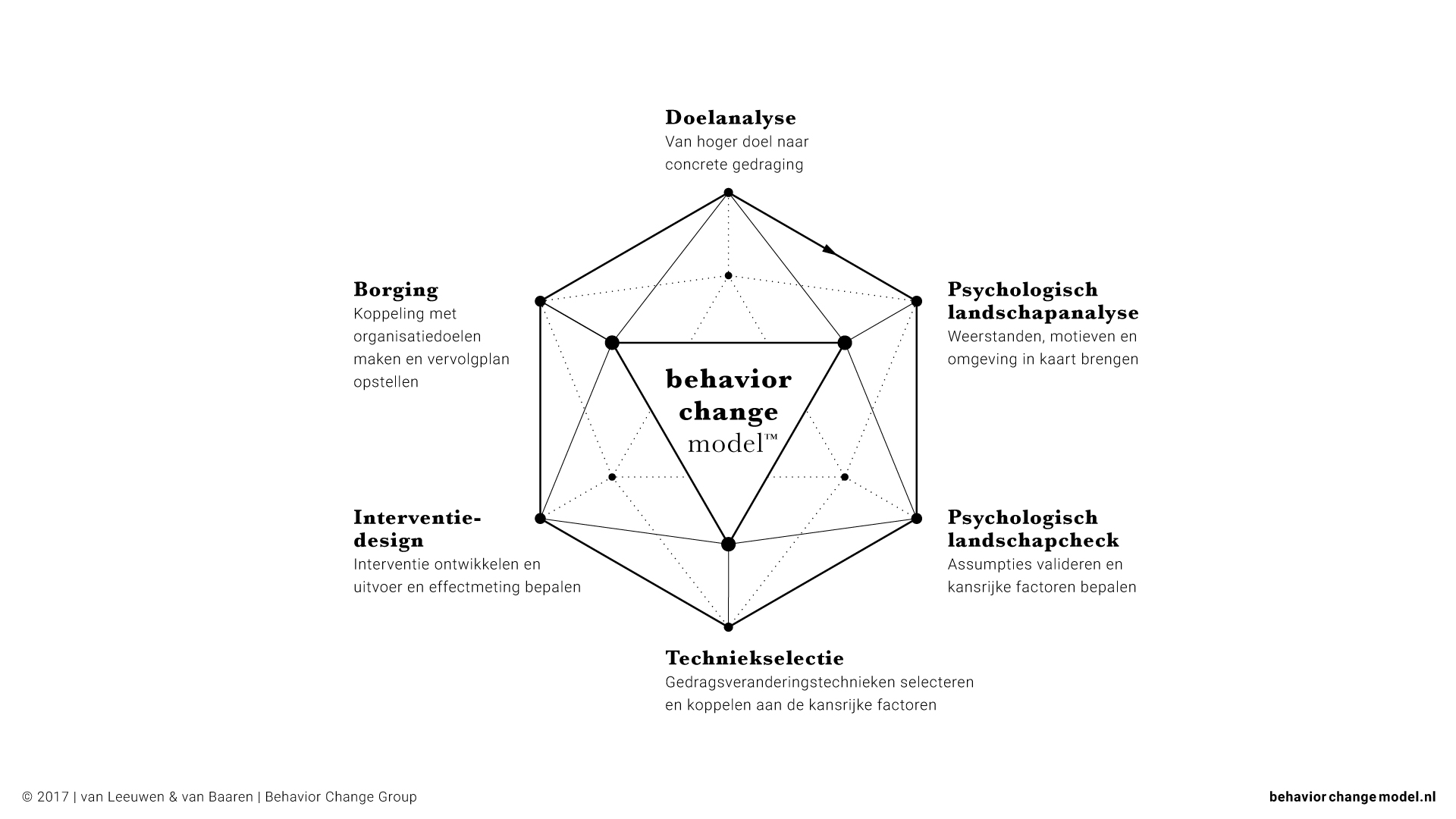Our approach
The Behavior Change Foundation focuses on the power of behavior change within development aid. We bring knowledge and expertise of human behavior to places where people do not (yet) have access to this knowledge: emerging economies.
Scientific evidence provides us with deep insights on human motivation and how people deal with change. With relevant knowledge, we can change people’s behavior sustainably.
People all over the world face similar societal questions: How do we make sure that our children receive high quality education? How can we create a cleaner and more sustainable environment? How do we live more healthily?
All over the world people answer these questions differently due to cultural and religious differences. Yet, one thing is similar everywhere in the world: these questions can often be traced back to the fundamentals ofhuman behavior and motivation.

Our methodology
The BCF focuses on the power of tailoring: our projects follow a bottom-up approach, starting in local communities. We do not offer ‘quick fixes’ but we devise interventions together with communities that can be implemented in a sustainable, long-term manner. By co-creating behavioral interventions with local communities, we provide them with the relevant knowledge and instruments to continue the project in the future. To make sure the intervention has the desired impact, we measure psychological and behavioral effects. This allows us to find out whether the intervention worked – and if not, what we should adjust in the future. This way, we can guarantee the long-lasting impact of a project and increase the self-reliance of the local community.
We use the scientifically-grounded ‘Behavior Change Model’ as a guideline. Using this model, we tackle development issues from analysis to impact assurance. We start with a target analysis: what behavior do we want to change and who is the target group? We then investigate the psychological landscape of this target group: which psychological drivers, social and cultural motives, resistances, and situational factors play a role in this behavior? Based on this, we choose behavioral change techniques and design interventions. We implement the interventions in the community and measure the effect. Finally, our goal is to maximising project impact. That is why, in the last step, we focus on ensuring the long term sustainability of the project.
We work in a multidisciplinary way: in addition to psychological knowledge, we also use anthropological and sociological insights and methods. By combining knowledge of behavior with a context-dependent approach, we increase the chance of solving a local issue.
